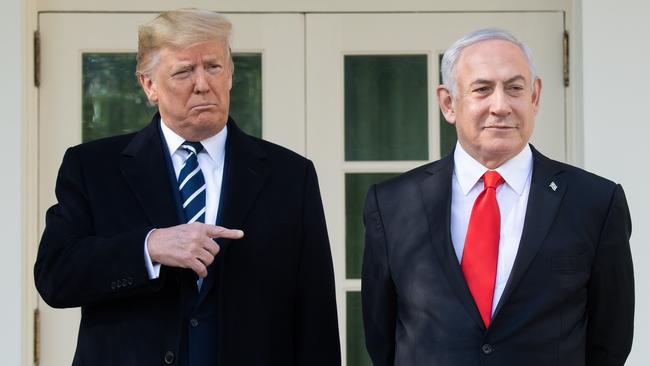
Israel’s broad strategic aim against Hezbollah in Lebanon is to remove the constant threat to northern Israeli communities. Rocket attacks are one thing, but after October 7 these communities can’t tolerate the danger of cross-border terror incursions
More than 60,000 Israeli residents have been internally displaced now for nearly a year. This moves Israel’s effective border kilometres inside its nominal border. The October 7 terrorist atrocities have had a similar effect on Israeli communities near Gaza.
Israel is one of the smallest countries in the world, smaller than the equivalent of one-third of Tasmania. On every land border it faces enemies or recent enemies. It has been subject to repeated conventional military attack by massed armies, and every possible form of terrorism.
Hezbollah is a Shi’ite terrorist organisation, unlike Hamas, which is Sunni. Both are funded by Iran’s Shi’ite regime. All three are united by a profound anti-Semitism, by an explicit determination to exterminate Israel and by a religious commitment to an Islamist political order.
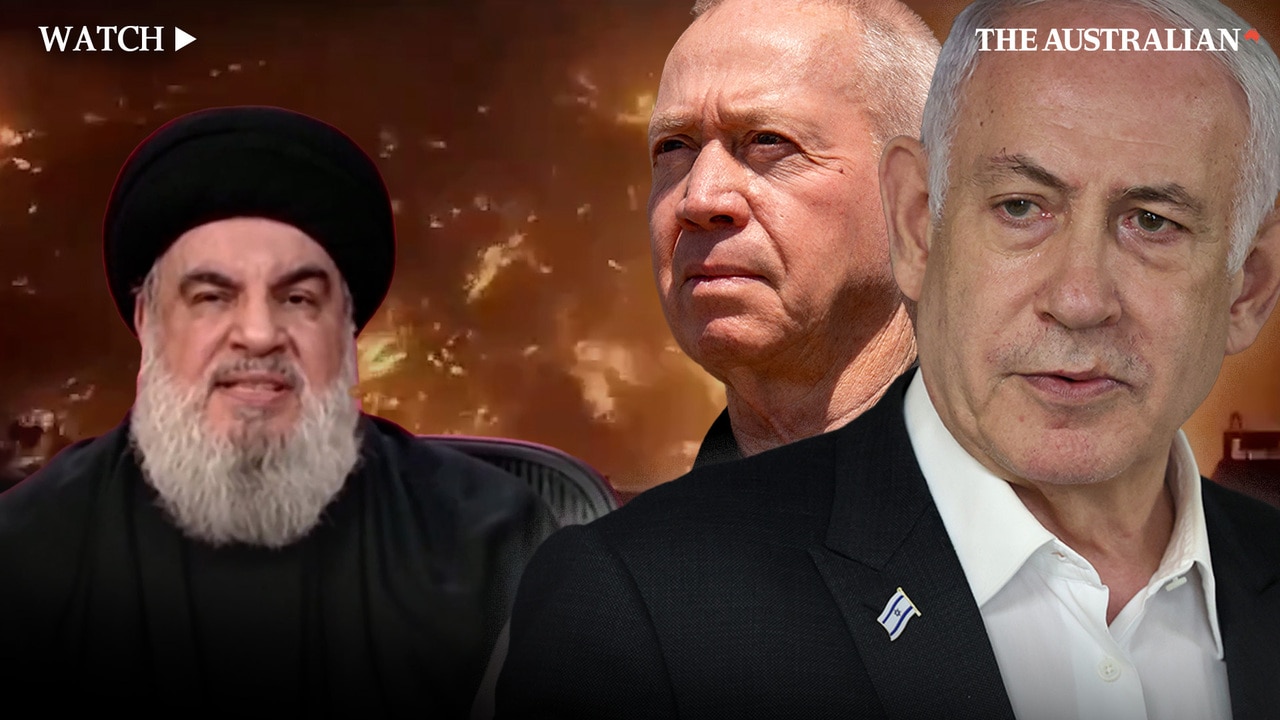
Israel’s strike through exploding message pagers against Hezbollah terrorists was the most precisely targeted military action in modern warfare. Everyone with a pager was a Hezbollah operative. Hezbollah, like Hamas, is proscribed as a terrorist organisation under Australian law.
Yet the Albanese government criticised Israel’s actions. Hezbollah has fired thousands of rockets into Israel since October 7 and has long planned October 7-style murderous raids. The Albanese government claims Israel has a right to defend itself but condemns every single act of self-defence Israel takes or could possibly take.
This exemplifies the undergraduate hollowness of everything the government says on this issue. The Albanese government is neither good enough to be good, nor bad enough to be really bad. It lacks the courage of its convictions, it also lacks the courage of its lack of convictions. Abstaining on a plainly offensive UN resolution, which contradicts Australian policy in many ways, rather than just opposing it, illustrates the wretched, dismaying, morally bankrupt nature of Canberra’s approach.
There is no reason for any hostility between Israel and Lebanon. Both are wondrous cradles of civilisation. Australia is the beneficiary of magnificent Lebanese migration over many years. If Hezbollah didn’t constantly attack Israel, there would be no military conflict between them. Hezbollah’s hatred of Israel is ideological, religious, ethnic and tribal. It has caused immense suffering to the Lebanese people.
Yet while Israel is right to reclaim security for its northern towns and villages, the most it can hope for out of these actions is temporary tactical accommodation. Ordinary Lebanese hate the drama and misery that Hezbollah’s attacks on Israel inevitably bring to Lebanon when Israel retaliates.

Israel’s calculation is not only to degrade Hezbollah’s military capabilities but cause enough reaction within Lebanon itself that, for a time at least, Hezbollah returns to an uneasy truce. Israel will want Hezbollah personnel to stay some kilometres away from its border. Israeli towns can live with the danger of rocket attacks. The Israeli Iron Dome intercepts most of them and Israeli civilians are well drilled about air raid shelters.
But they can’t live with the spectre of October 7-style atrocities at a moment’s notice.
So how does this relate to my initial contention that Trump and Netanyahu were historically right and conventional wisdom historically wrong?
Netanyahu once told me in an interview, as he explained to others countless times, that his long-term aim for peace with the Palestinians was “outside in”. That is, that Israel would make peace with its neighbours first. This would lead to a long period of normalisation and eventually, in such an atmosphere, peace with the Palestinians would be possible.
This contradicted every theological dogma of conventional international relations, slavishly held by all Democrat politicians and officials in Washington, and which was of course the wholly derivate Labor Party view here, that the Palestinian issue had to be settled before there could be any broader peace.
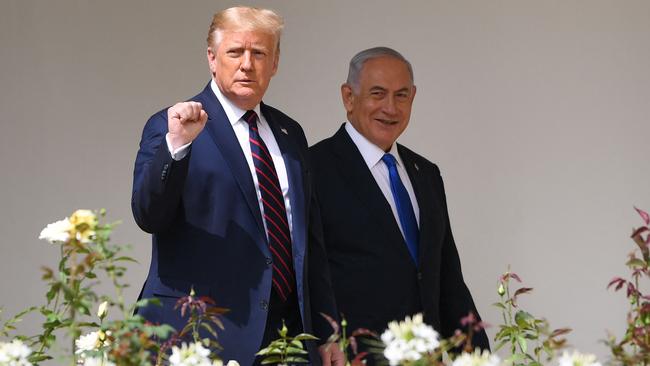
Here’s a key historical point. All up, including the initial partition of the land in 1947, Israel has offered Palestinians their own state four times on the most generous terms imaginable. Don’t take my word for it. Read the memoirs of Bill Clinton and his senior officials.
On each occasion the Palestinian leadership has rejected peace, either because of a hatred of Israel or a rational fear that whichever Palestinian leader makes peace will be assassinated. Until 10 minutes ago, the vast majority of Israeli society supported a two-state solution with an independent Palestinian state. But such an outcome involves enormous risk for Israel, with its tiny territory, and must include binding, credible security guarantees that the Palestinian state won’t be the launching ground for attacks on Israel.

Yet we know that Iran, Hamas, Hezbollah and a number of other key actors are dedicated, in their core ideology, to destroying Israel. This history, and this reality, have turned Israelis against any near-term two-state solution.
Therefore, the best hope is to try to “normalise” life as much as possible, including Palestinian life, and revisit sovereignty negotiations down the track. I once had a long discussion with one of Israel’s most hardline politicians who had come to support Palestinian self-government under Israeli control as the best chance of achieving normalisation.
If you got 10 years of normalisation, I asked, would you then support Palestinian sovereignty? Show me the normalisation first, he replied. But with normalisation and a reasonable expectation of peace, Israelis would return to supporting a two-state solution. Before the October 7 attacks Netanyahu allowed billions of dollars of Arab aid into Gaza and also allowed thousands of Gazans to work in Israel for decent wages.
Hamas rendered all that impossible by its barbaric attacks. Tony Blair didn’t resolve the conflicting national and sovereign ambitions in Northern Ireland with the Good Friday peace agreement. He produced instead an arrangement of normalisation, in which sectarian violence became deeply abnormal, as it always should have been.
In retrospect the worst Israeli intelligence failure was not to see that the prospect of an Israel-Saudi Arabia peace deal would lead Iran and its proxies, whether Hamas or Hezbollah, to take extreme action to derail it. The October 7 attack succeeded in that derailment.
It’s impossible to say anything more unfashionable than the next sentence, which is nonetheless true: when the dust settles, it will be the Netanyahu/Trump approach that offers the best chance of peace. But that’s a long way off now.



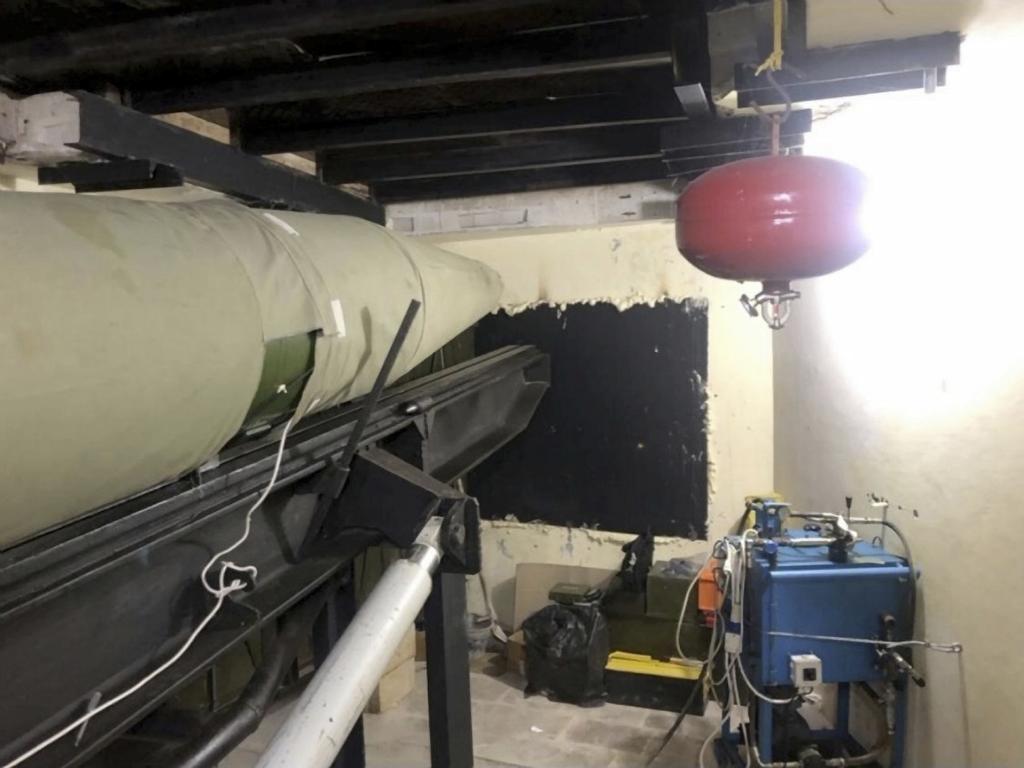
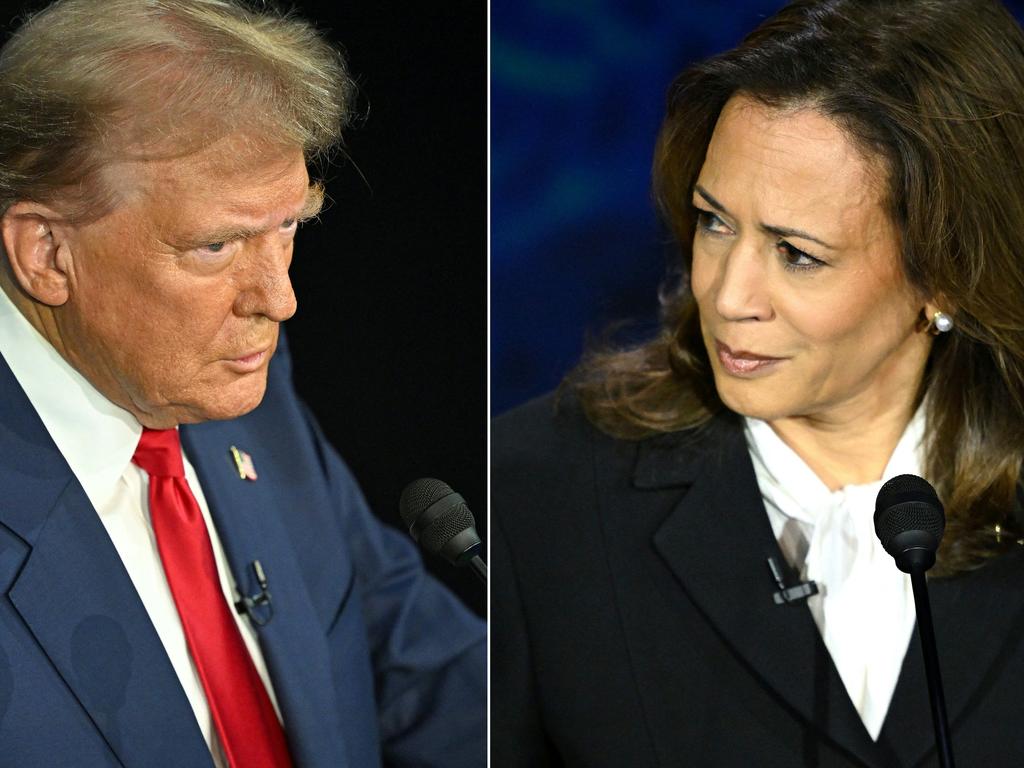


The tragic conflict unfolding in southern Lebanon holds the strangest geostrategic lesson: that the two most reviled democratic leaders in politics today, Donald Trump and Benjamin Netanyahu, actually understand the Middle East better than most foreign policy professionals. This includes, sad to say, the fatuous posturings of our own government.